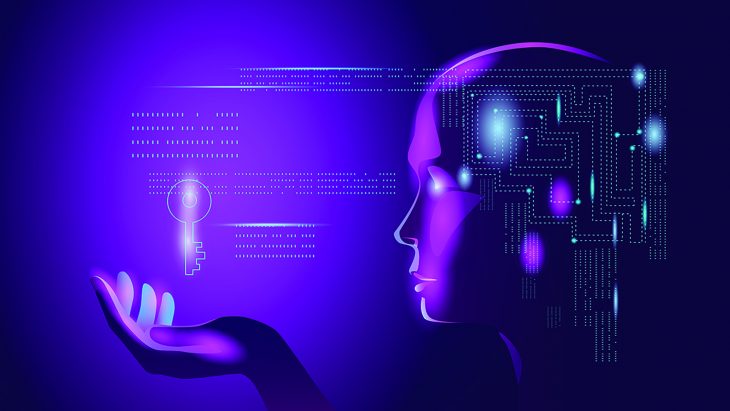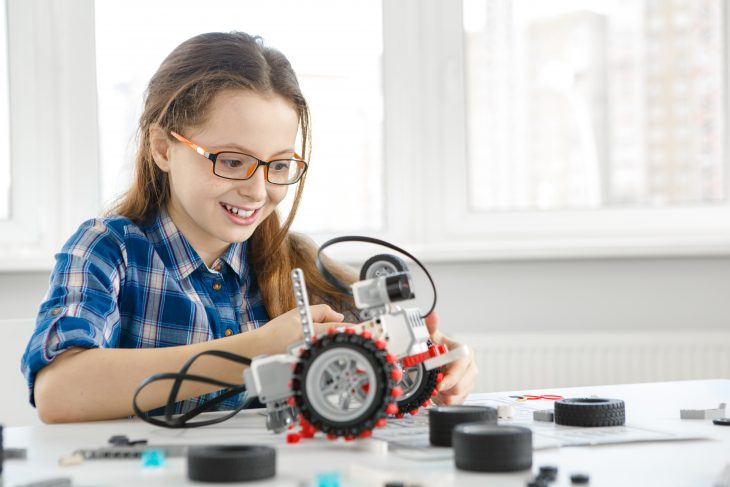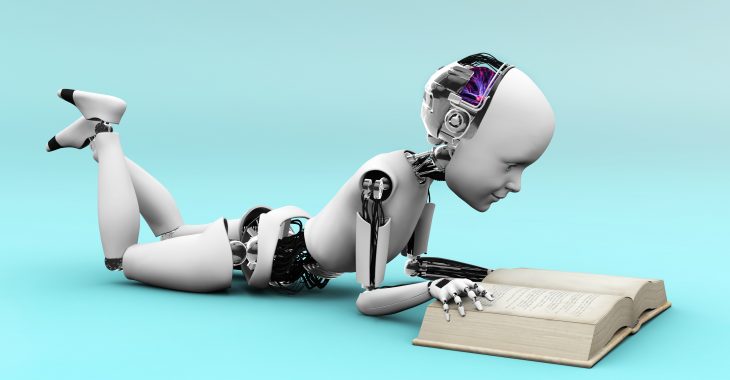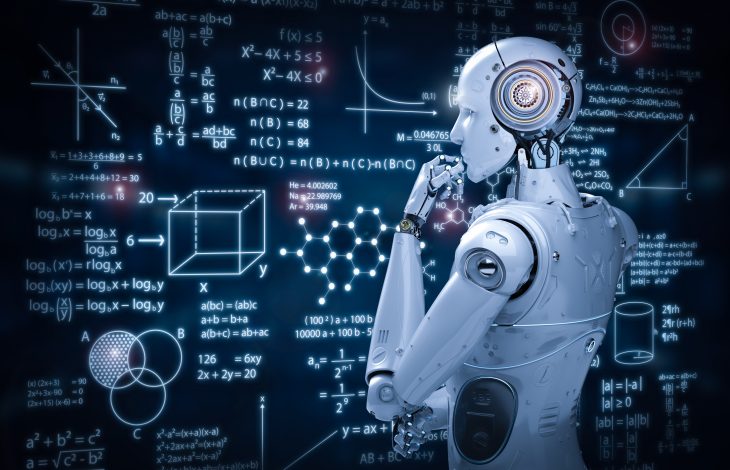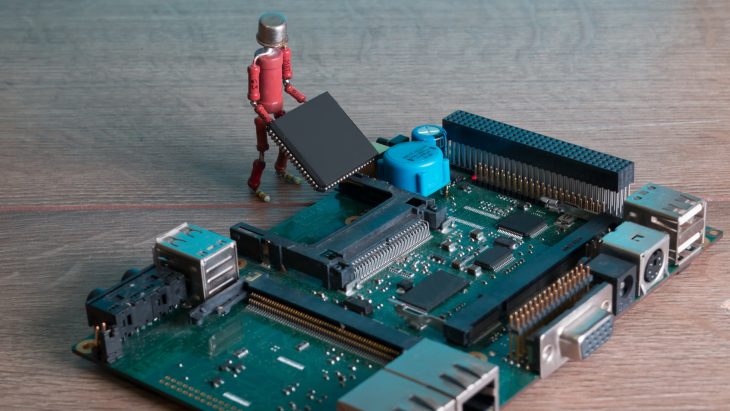Earlier this month, hackers attacked Twitter. They gained access to up to 130 accounts, including prominent figures like Bill Gates, Jeff Bezos, and Joe Biden. Just over two weeks later, three suspected criminals were arrested for the crime. Cybercriminals are rarely caught. So much so that Third Way estimates only 0.05% of cybercrimes result in...
Blog
I’ve previously written about whether the law is useful at stopping spam and how AI fights cybercrime. This post discusses how each of these approaches is critical, and why the problem can only be solved when they are used together. Laws strictly defining a class of abuse will fail At present, cybercrime is running rampant, virtually unchecked by...
On average, every Internet user has been the victim of multiple cybercrimes. It’s an enormous problem, and cybercriminals are rarely prosecuted. Artificial intelligence is the most important tool we have to fight cybercrime. The threats are always changing. Today we have Russian bots influencing US presidential elections, credit cards stolen in...
Cybercrime and abuse are massive problems on the Internet, and on social media in particular. While many of these problems are yet to be solved, we can learn from the example of the fight against spam, which is by far the most mature of these battles. Spam filtering was the first widespread success for artificial intelligence, and illustrates both...
I recently wrote about the “input data” humans use for learning as well as the data AI learns from. This takes the lessons from these two discussions and shows the implications this has on artificial intelligence—its capabilities, limitations, and how to think about the intelligence in artificial intelligence. We’ll see that generally human minds...
I recently wrote about the “input data” humans use for learning. This week I’m turning my attention to computers, showing what the input data to artificial intelligence systems looks like. We’ll see that for some simple but abstract tasks like spam filtering, computers have advanced input data painstakingly crafted by humans, while more modern...
Human intelligence is much more advanced than artificial intelligence, but they both have unique strengths and weaknesses. One question that’s often overlooked is: which has better input data to work with? This seems like a strange question. But it’s an important one. One of the most important principles AI practitioners understand is the...
People have a wide range of perspectives on artificial intelligence. Some people are concerned about errors in the decisions being made by algorithms. Others are worried it will take over the world. Some are pushing this field forward and improving all of our lives in the process. Many see the value in the products AI powers but don’t think much...
One of the questions I get most often is: how do we protect ourselves from advanced AI taking over the world? There are many variants, from less-concerned questions about what type of AI we should be investing in to even more paranoid versions of this question. The simple answer is: we don’t even need to think about it. At least not anytime soon...
Humans and computers can both use the rules of logic. For humans, it’s a small part of our thinking. For systems using AI, it’s pretty much all they do. Human thinking When we think, as humans, much of our thought is based on things we observed with our senses. This might be because we’re looking at a restaurant menu, watching a television, or...



